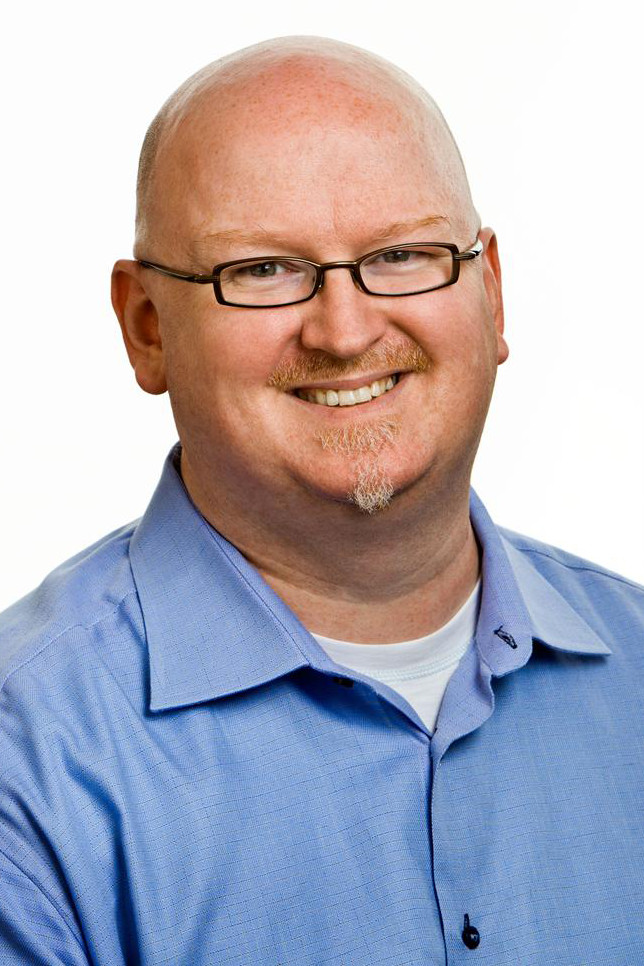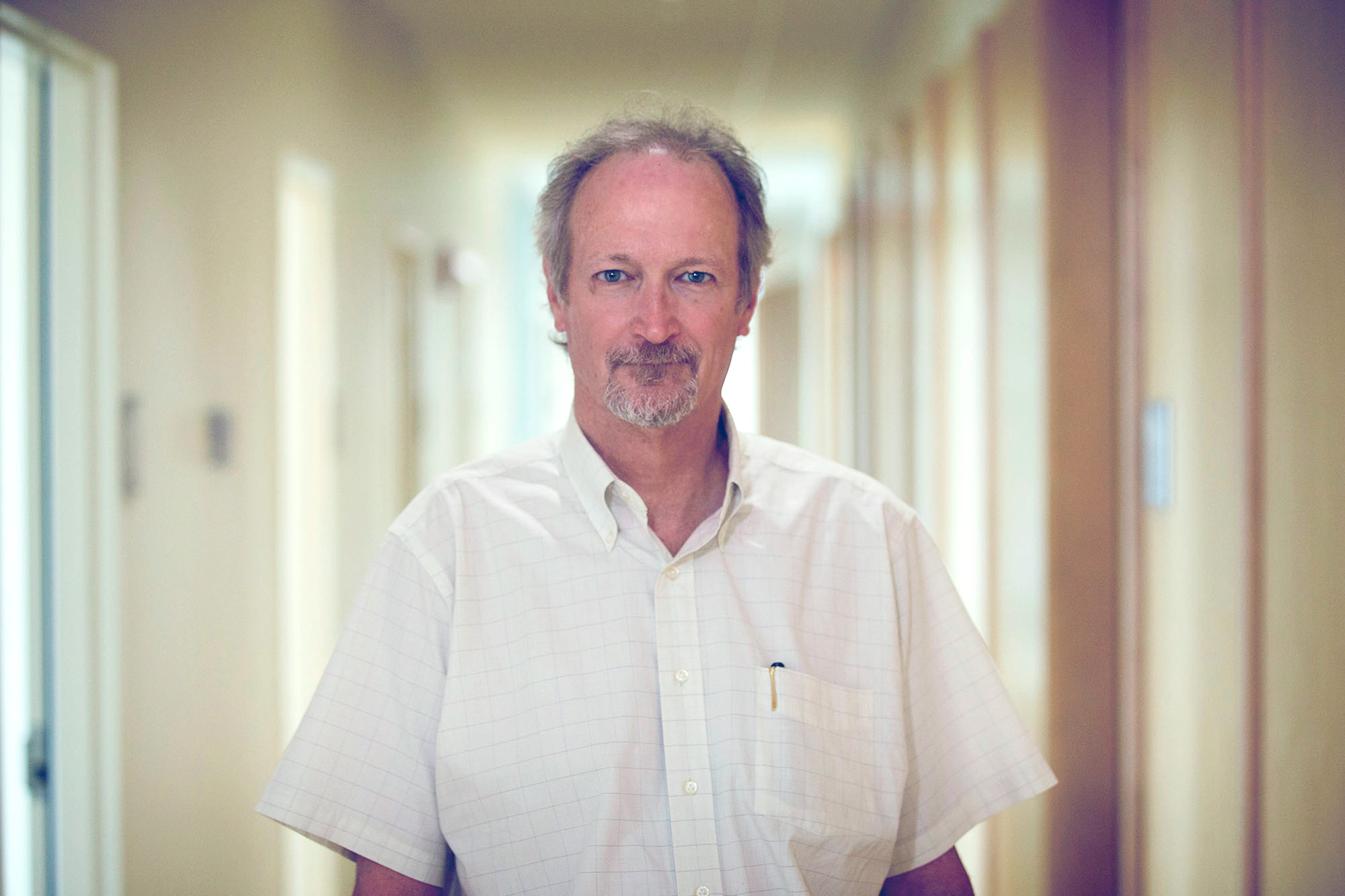The University of Virginia gave Kevin Scott the confidence to pursue his career.
Scott, who worked on his Ph.D. in computer engineering at UVA from 1998 to 2003, was recently named chief technology officer for the Microsoft Corp., an expansion of his role as senior vice president of infrastructure at LinkedIn.
At UVA, Scott worked with Jack Davidson, an engineering computer science professor and nationally renowned cybersecurity researcher. Scott and Davidson credit each other with providing inspiration in their work and careers.
In a blog post about the best professional advice he ever received, Scott describes Davidson reminding him always to “work harder,” which he took to mean “to clearly understand what it was that I was trying to accomplish, and to make sure that I was objectively prioritizing the effort it was going to take to accomplish those goals.”

Kevin Scott (Photo courtesy Microsoft)
“We would meet every two weeks, and no matter how much work I accomplished, he would tell me to ‘work harder,’ as a friendly reminder,” he said in a recent interview. “And I realized, because of him, that it makes a big difference how much work you put into something. That is an important lesson and I have passed that on to the engineers I have worked with.”
Davidson and Scott have remained friends. Davidson had planned a sabbatical last year at LinkedIn, where Scott worked, but his plans were put off when Davidson’s team of graduate students qualified for the final round of the DARPA Cyber Grand Challenge last summer in Las Vegas.
“Kevin arranged a donation of equipment from LinkedIn that helped us in DARPA’s Cyber Grand Challenge and we won $1 million,” Davidson said.
“Kevin is an amazing individual,” said Davidson, who worked with Scott at Microsoft in 2001, when Scott was an intern while Davidson was on sabbatical in the company’s research division. “Even back then, he just had this amazing talent for engineering and understanding complex systems and how to manipulate them and make them run better. He is just incredible.”
A pivotal point in Scott’s life happened during a 2000 train trip back to Charlottesville from a national conference, where he had presented a paper he and Davidson had written. At the conference, they had heard a keynote speech by Mike Smith, now dean of the faculty of Arts and Sciences at Harvard, who spoke on a new technical concept called “dynamic optimization” – a software process that learns more and more about a program as it runs – such as which parts are carrying the most traffic – and uses that information to optimize how it works, such as running faster or using less power or taking up less space. Davidson and Scott spent hours on the train brainstorming a notebook full of ideas for how the techniques described in the speech could be applied to new systems and to cybersecurity.
“I had an epiphany of how to write code into operating software,” Scott said of the time on the train. “By the time Jack and I had our next meeting, I had a working system to show him.”

“Kevin and I realized that dynamic translation could be used for cybersecurity,” Davidson said. “So it inspired us to start working on cybersecurity. The tool Kevin developed, called ‘Strata,’ has been a key component of the security systems that we have built for the Air Force and Intelligence Advanced Research Projects Activity, an agency within the office of the director of National Intelligence that handles research. Unfortunately, transition to the commercial sector is something we are still working on.”
They knew at the time that it would open many new areas of research, but it also helped Scott see his own potential.
“This was really one of the most thrilling moments of my life,” Scott said of his epiphany on the train. “I had been coding since I was 11, and this is something I am going to remember when I am very old.”
Not all of the ideas they brainstormed have been used yet.
“I still have that notebook and I’m still following up on those ideas,” Davidson said. “It was just an incredibly creative experience. That, in some sense, set my research agenda from then on.”
Scott said being and studying at UVA gave him the confidence to shift his focus from a career in academia to one in industry, where he has worked in leadership roles for Google, AdMob and LinkedIn.
“Having to teach students and prepare papers gave me more confidence,” he said. “Teaching students computer science helped me develop the skills I need as a manager. I decided to go into industry because UVA had helped me gain the confidence I needed to land at Google, which was filled with brilliant people.”
(Read Scott’s blog post about his new position.)
“Microsoft has had great CTOs, and Kevin is just the kind of person Microsoft needs in that role,” Davidson said. “He has this deep understanding of technology and where things are going. It will be interesting to see where he takes it.
“Kevin’s a great guy, a good friend, and an incredible scientist and engineer,” Davidson said. “It seems he also has talent as a manager, too. I have been privileged to be able to work with him.”
Media Contact
Article Information
February 8, 2017
/content/professors-work-harder-mantra-propels-alum-microsofts-leadership-ranks

